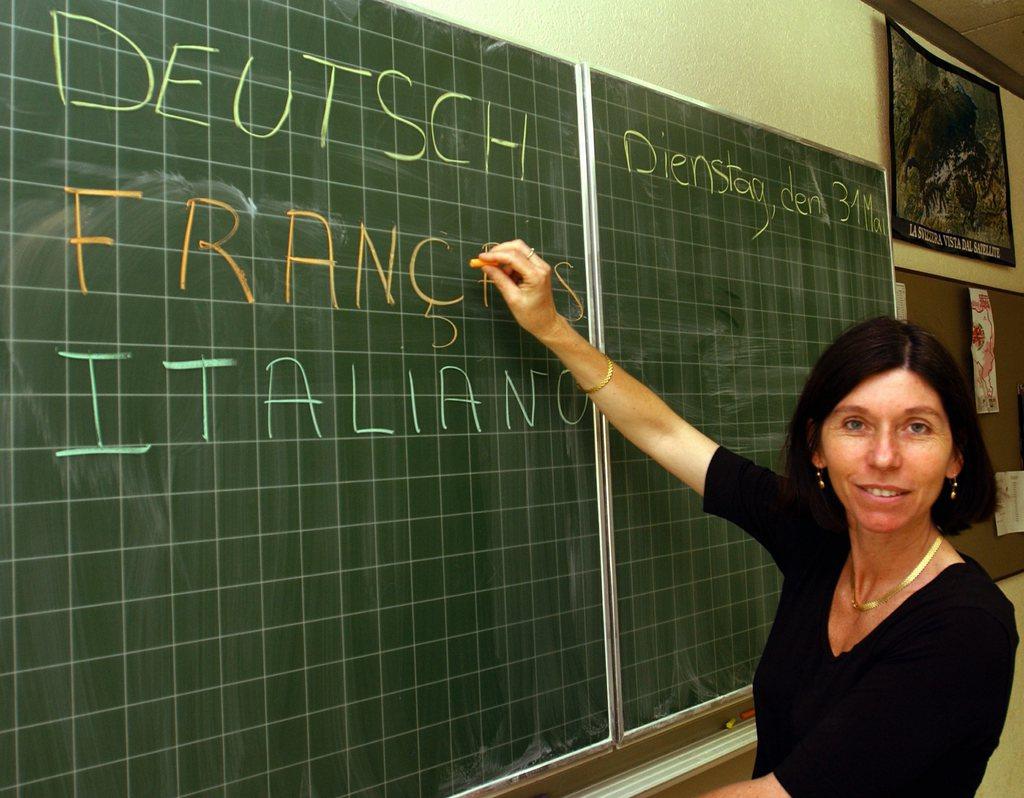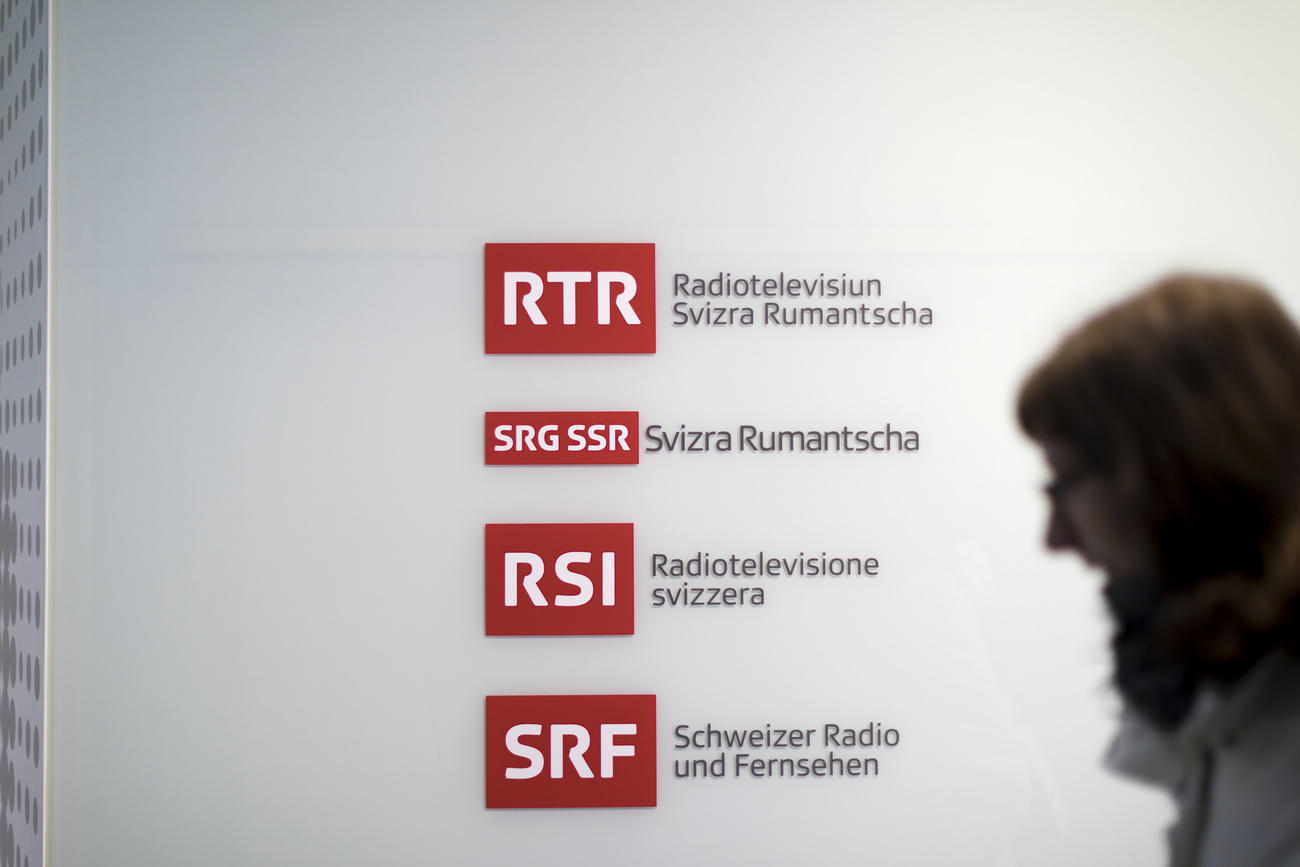
French and foreign languages on rise in Switzerland

The linguistic landscape in Switzerland has changed over the past 40 years, a long-term report has found. German (and Swiss German), Italian and Romansh have declined, while French and non-national languages have gained momentum since the 1970s.
The proportion of people who speak Swiss German first and foremost fell from 66% to 63% between 1970 and 2016, according to the figures published by the Federal Statistical Office External linkon Wednesday.
The number of Italian and Romansh speakers also fell – from 11% to 8% and from 0.8% to 0.5% respectively.
By contrast, the proportion of French speakers in the country rose from 18% to 23% over the same time period.
+Multilingualism: Switzerland’s unique selling point
The proportion of people who did not speak a Swiss national language as their mother tongue increased significantly: from 4% in 1970 to 22% in 2016.
The statistical office said this increase was related to a change in the questionnaire which made it possible for people to name several main languages since 2010. English and Portuguese were the two foreign languages mentioned most often.
Work vs home
Swiss German – a German dialect – was the most frequently spoken at work (65%), followed by German (35%) and French (29%). Some 19% of people spoke English at work and 9% spoke Italian.
At home or when talking to relatives, people usually spoke Swiss German (59%) or French (24%). Other languages spoken in a family setting were German (11%) and Italian (8%). English (5%) and Portuguese (4%) were once again the most frequent foreign languages cited in this context too.
One in five people in Switzerland over the age of 25 was studying a foreign language as an adult.
English was chosen most frequently, by 35% of adult learners across all linguistic areas of the country. It was a far more popular choice than French (15%), German (13%) and Italian (11%).

More
Understanding the daily challenges of multilingualism

In compliance with the JTI standards
More: SWI swissinfo.ch certified by the Journalism Trust Initiative































You can find an overview of ongoing debates with our journalists here . Please join us!
If you want to start a conversation about a topic raised in this article or want to report factual errors, email us at english@swissinfo.ch.